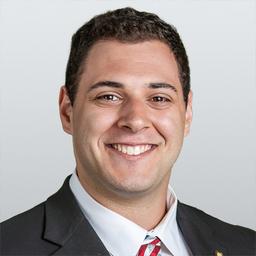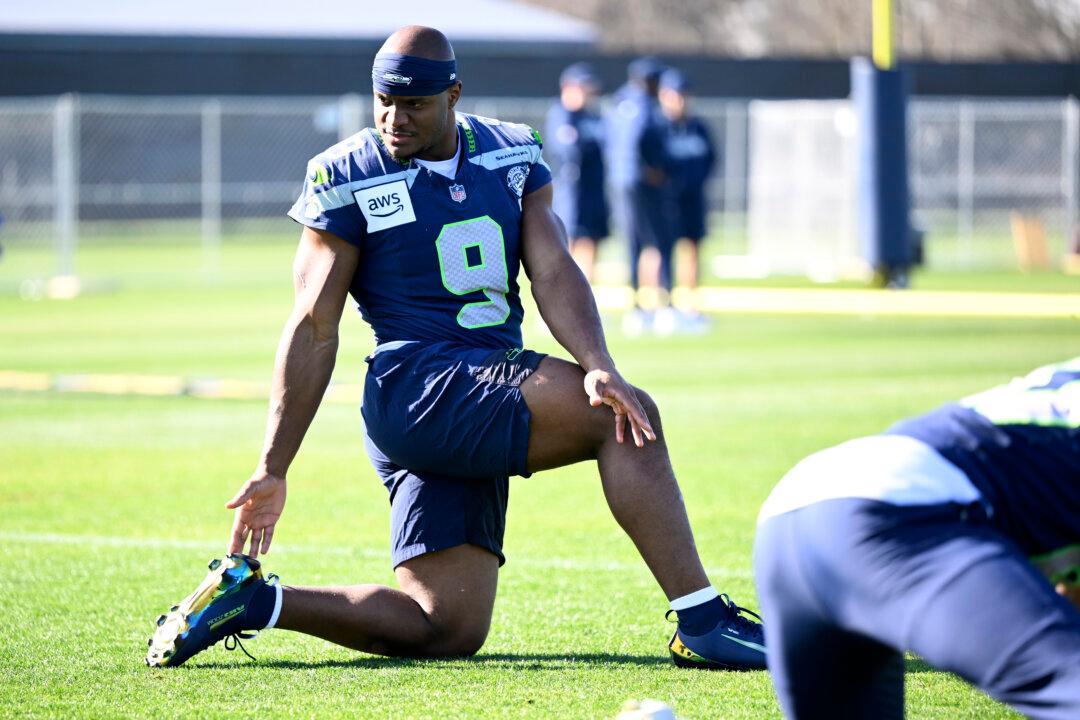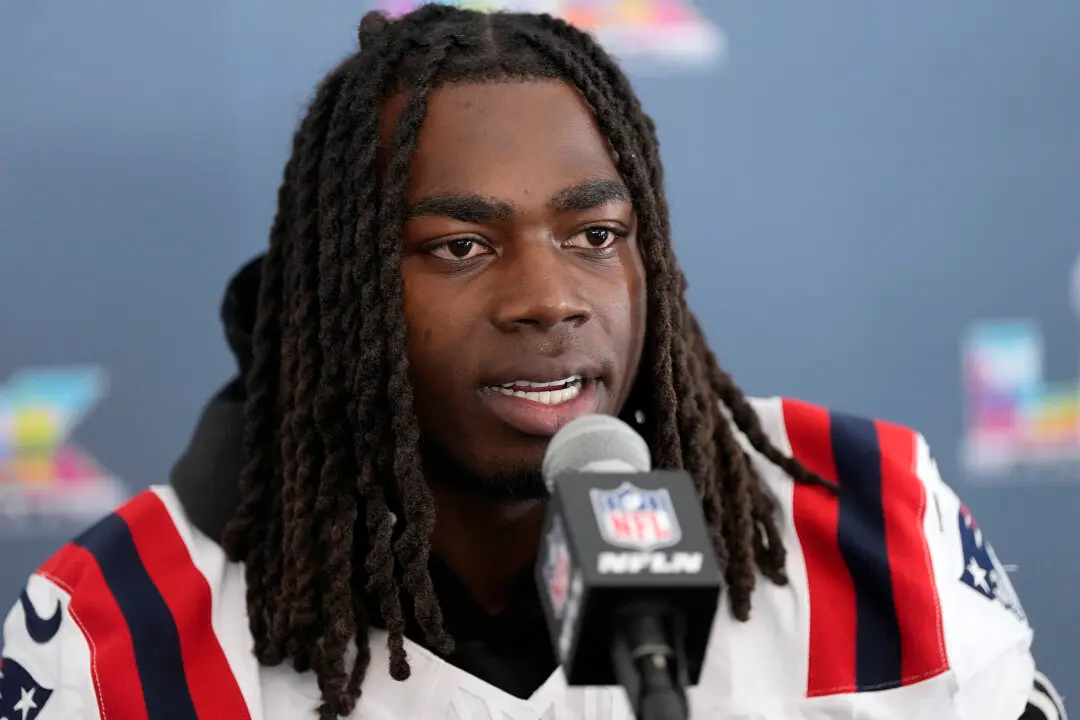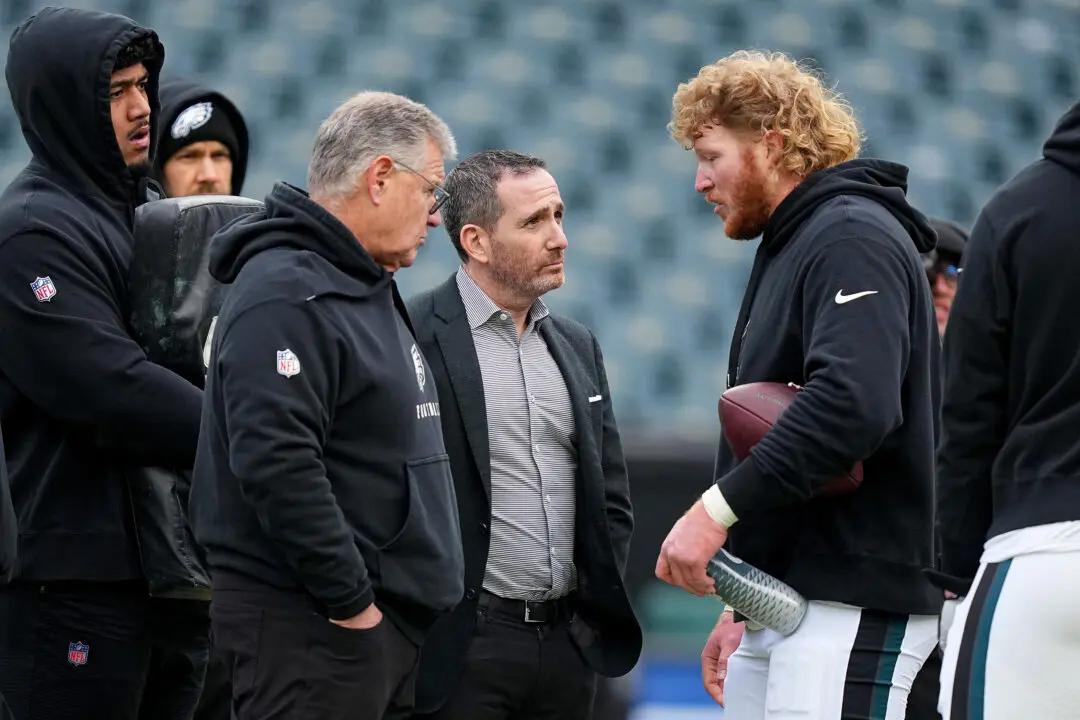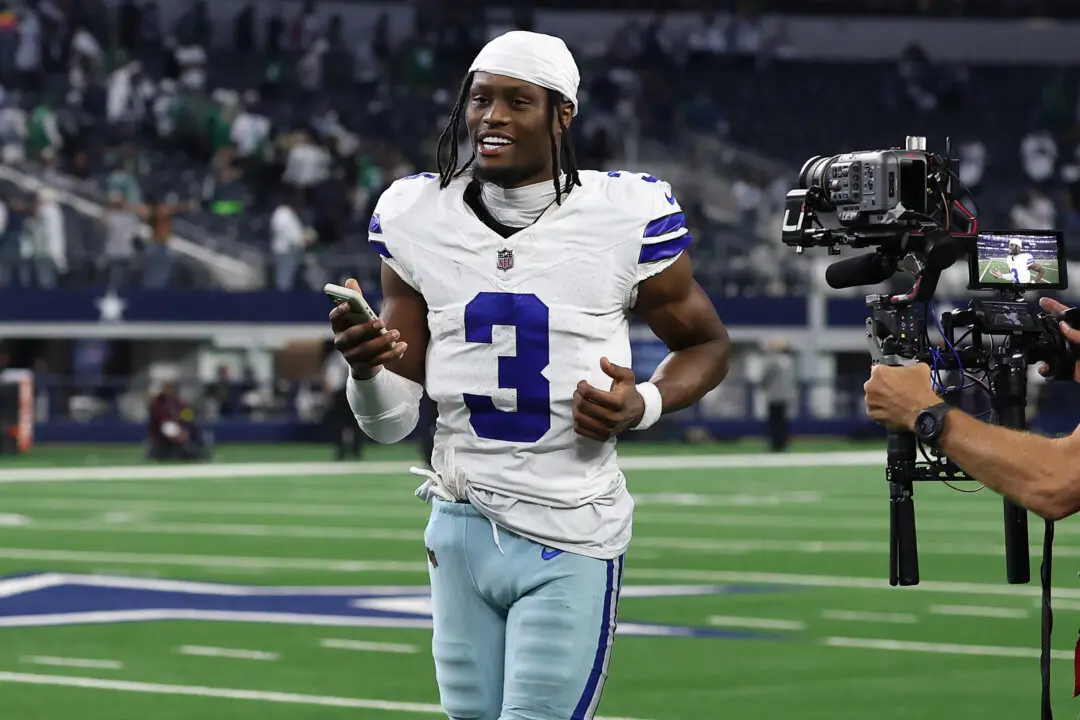Indianapolis Colts offensive tackle Braden Smith detailed his battle with OCD that cost him the end of his 2024 season.
Smith, who is going into his seventh year as a pro, missed the final five games of last season due to an undisclosed “personal matter.” In an interview with the Indianapolis Star, Smith revealed that he suffered from scrupulosity OCD, a form of obsessive-compulsive disorder (OCD) related to religious matters.

